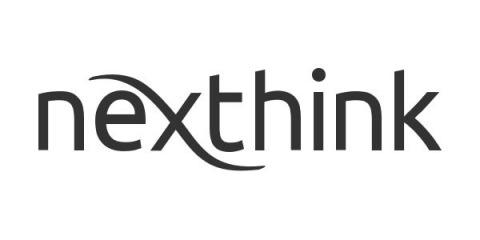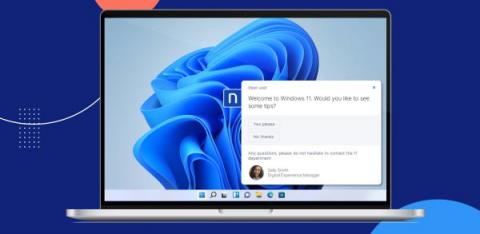Clinical Digital Experience: Happy Staff, Healthier People, Lower Cost
It’s been a dynamic few years for healthcare, to say the least. The entire sector has been under immense pressure – not just for the clinical staff on the front lines but also for personnel behind the scenes. The rapid expansion of telehealth and remote work, ongoing application upgrades and refactoring, mergers and acquisitions, revenue pressure due to delayed procedures, staffing challenges of all kinds… All have had an impact on satisfaction and overall experience.



